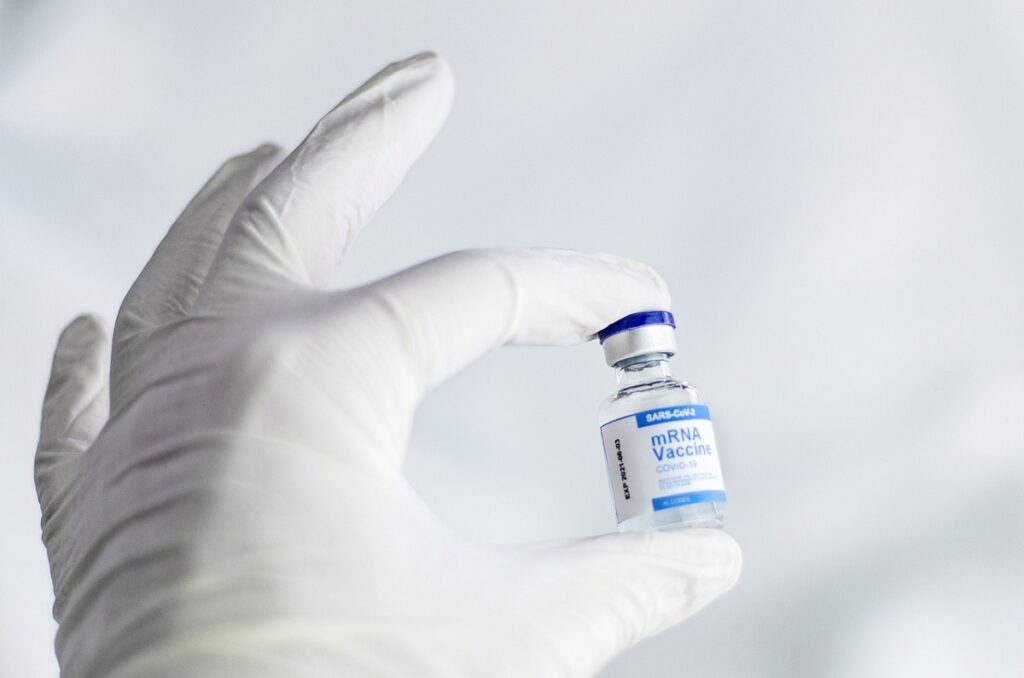The World Health Organization (WHO) suggests additional waivers of intellectual property rights during the next pandemic in the initial draft of its global pandemic preparedness treaty, released to the press yesterday.
In 2021, WHO member countries created an International Negotiating Body to develop a treaty to guide a coordinated global response to pandemics. The final version would be legally binding for the signatories. However, according to Reuters, it is unclear how the treaty will be enforced.
One key provision would make wealthier countries set aside 20% of any vaccines or treatments developed to share with poorer countries, reports Reuters. It would also require concessions from drug makers who receive government support, says Health Policy Watch.
According to reports, the draft also calls for waiving intellectual property rights during pandemics.
Health Policy Watch argues that “no less than 11 of the draft’s 49-clause preamble deal in one way or another with intellectual property rights, signaling the key battleground for upcoming negotiations.”
What the draft says about IP
The WHO’s draft says countries should “support time-bound waivers of intellectual property rights that can accelerate or scale up manufacturing of pandemic-related products” and should “apply the full use of the flexibilities provided in the TRIPS Agreement,” which can mean IP waivers.
The Biotechnology Innovation Organization (BIO) strongly opposes IP waivers because they eliminate incentives to innovate by “benefitting America’s foreign competitors at the expense of the investment and ingenuity of hundreds of U.S.-based biotech firms.”
“A waiver of IP rights applied to COVID-19 therapeutics would give away the tremendous innovative potential in these underlying technologies, benefitting America’s foreign competitors at the expense of the investment and ingenuity of hundreds of U.S.-based biotech firms,” a BIO letter argues.
“The ‘accord’ should build on the private sector’s strengths for innovative R&D, quick manufacturing scaling up and distribution, which is built on a robust intellectual property system,” Thomas Cueni, director general of the International Federation of Pharmaceutical Manufacturers and Associations, told Reuters.
The draft is expected to be changed. Negotiations will begin on Feb. 27 and continue into 2024, according to Reuters.




